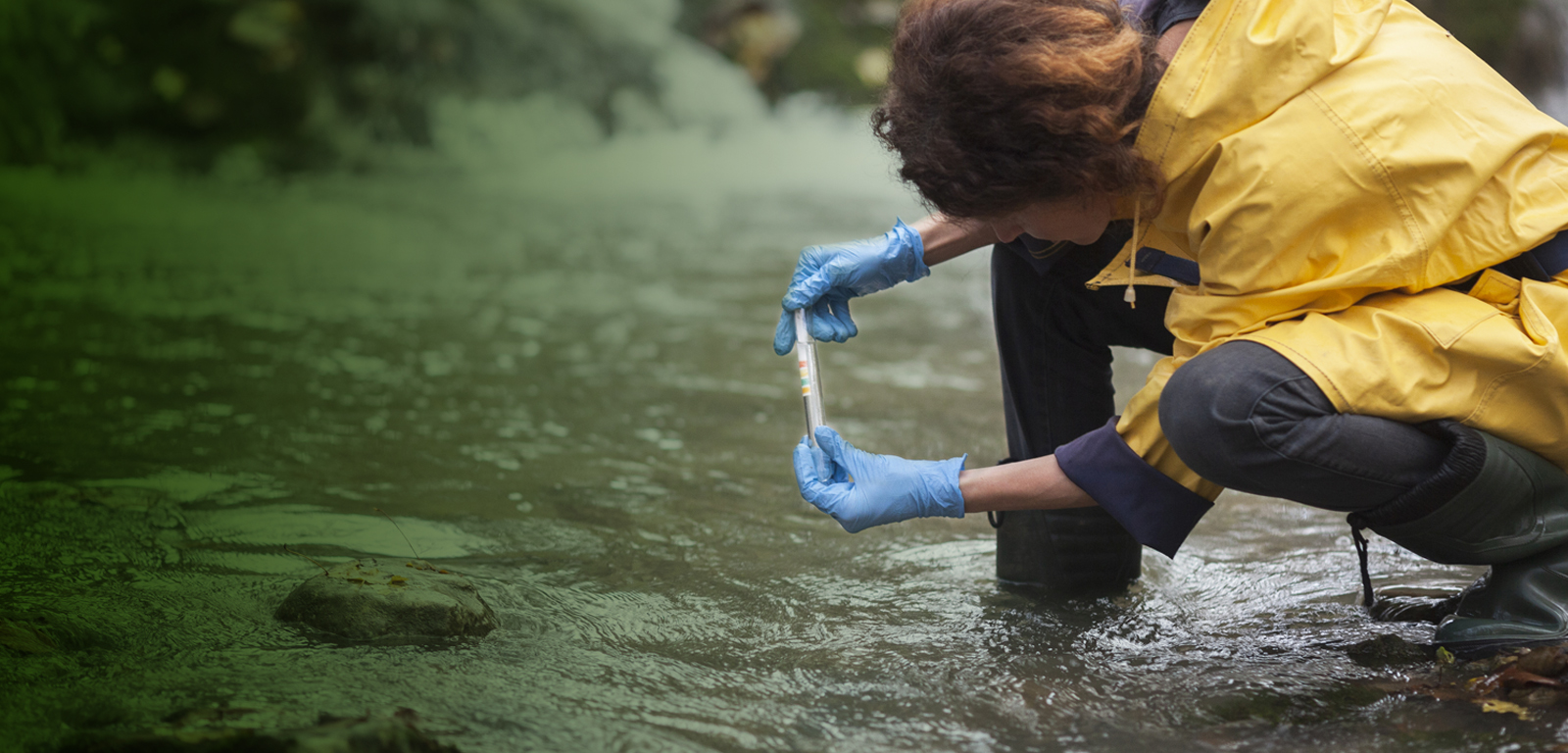Subject
Biogeochemical Cycles in the Ocean
General details of the subject
- Mode
- Face-to-face degree course
- Language
- English
Description and contextualization of the subject
Origins and history of the elements during the formation of the Earth. Total cycles of the major and other elements, their role in productivity and food web structure, their importance in climatic changes.Aims
¿ To provide an overview of the biogeochemical cycles in the ocean and how they have governed and govern the Earth system.
Objectives
At the end of the Unit, you should:
¿ understand the principal biogeochemical cycles which govern the Earth system and to acquire the basic concepts for their modelling.
¿ understand the origin and the evolution of the principal biogeochemical phenomena which govern the Earth system
Teaching staff
| Name | Institution | Category | Doctor | Teaching profile | Area | |
|---|---|---|---|---|---|---|
| ETXEBARRIA LOIZATE, NESTOR | University of the Basque Country | Profesorado Catedratico De Universidad | Doctor | Bilingual | Analytical Chemistry | nestor.etxebarria@ehu.eus |
| ORTIZ ZARRAGOITIA, MAREN | University of the Basque Country | Profesorado Agregado | Doctor | Bilingual | Cellular Biology | maren.ortiz@ehu.eus |
Competencies
| Name | Weight |
|---|---|
| Incluir/comprender los principales ciclos biogeoquímicos que controlan el sistema de la Tierra y adquirir los conceptos básicos para su modelado. | 60.0 % |
| Comprender el origen y la evolución de los principales fenómenos biogeoquímicos que gobiernan el Sistema Tierra. | 40.0 % |
Study types
| Type | Face-to-face hours | Non face-to-face hours | Total hours |
|---|---|---|---|
| Lecture-based | 40 | 60 | 100 |
| Applied fieldwork groups | 20 | 30 | 50 |
Training activities
| Name | Hours | Percentage of classroom teaching |
|---|---|---|
| Acquiring basic fieldwork skills | 50.0 | 40 % |
| Expositive classes | 75.0 | 40 % |
| Information presentation | 25.0 | 40 % |
Assessment systems
| Name | Minimum weighting | Maximum weighting |
|---|---|---|
| Practical tasks | 25.0 % | 50.0 % |
| Written examination (theory) | 50.0 % | 75.0 % |
Learning outcomes of the subject
At the end of the Unit, you should be able to:Undertake basic modelling of biogeochemical cycles
Temary
1. Origins of the elements and their history during the formation of the Earth.2. Description of the large reservoirs and the major biogeochemical phenomena.
3. Global cycles of the major elements intervening in the constitution of the organic matter (C, N, O, P) are analyzed. Concepts of characteristic times and the aspects of modeling of these cycles are also approached.
4. Biogeochemical cycles of other elements (Fe, S), their role in the productivity and the food web structure, their importance in the context of the climatic changes.
5. Importance of the biogeochemical cycles, in the structuring of the ecosystem: case of the Antarctic Ocean
6. Disturbance of the carbon cycle: oceanic acidification.
7. Two practical work days including 1 day at sea. Practical work will take place according to the availabilities of the R.V. Belgica.


